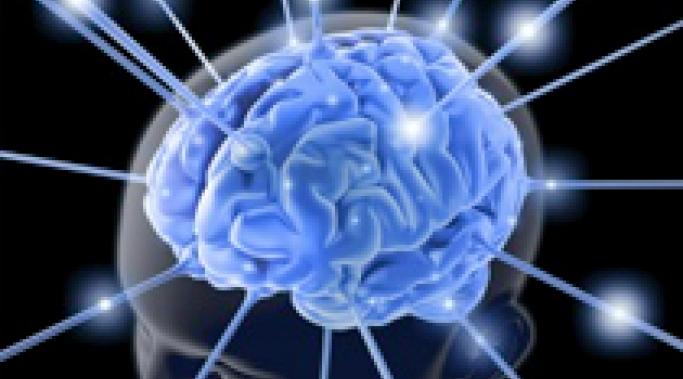Blogs
Close your eyes for a moment and imagine: Suppose that one night there is a miracle, and while you’re sleeping your anxiety disappears. How would you know that it was really gone? What would be different? What would you notice the very next morning that would tell you that this miracle has occurred. What about others? What would they notice?
Does the possibility of such a miracle seem ridiculously outlandish? Something that can’t happen in the real world? Perhaps surprisingly, it really can happen.
There has been so much in the news recently about the lack of decent care in psychiatric facilities. Our system is suffering and taking the people who need it the most down with it. I had read about this and seen the news stories but I never imagined it would happen to my son, in the small psychiatric facility right in my own backyard.
Like with all mental illnesses, what happens in the brain to cause combat-related posttraumatic stress disorder (PTSD) cannot fully be explained; nevertheless, there are many things that we do know. We do know what parts of the brain are involved in a stress response and we do know what neurotransmitters are involved and the types of medication that can be used to correct some of those systems.
Anxiety disorders manifest self-doubt in many ways. Undoubtedly, people living with anxiety disorders know different ways panic and anxiety challenge our lives. So today, I want to speak to the non-sufferer who does not understand. Loved ones need to know what anxiety disorders, and the massive amount of self-doubt they create, do to a person.
I have been in treatment for bipolar disorder for about 16 years. And during all that time I have tried every medication known to man, vitamins, herbs, chakra-cleaning (really), tinctures and various types of therapy.
And no matter what treatment I’ve been on, two things have been true:
People will insist on judging me for it.
Some people will disagree with it.
So to all the people out there who are not my doctor I ask: Why should I have to justify my mental illness treatment to you?
I'm taking an online course in Kabbalah, which is a form of Jewish mysticism. Last night I learned something that was a Copernican shift in my worldview--God wants us to be happy. God wants to give us endless fulfillment. Then the professor said that we were asking ourselves, "What went wrong?" God wants us to be happy--so why aren't we?
Though I am very public about my past experiences with an eating disorder and my recovery maintenance, it still doesn’t mean everyone I interact with knows every aspect of my past. So, sometimes, when I’m out eating with a group of people, someone will start to mention about a diet or some form of dietary restriction (e.g. vegetarian, paleo, etc.) they follow.
Usually when that happens, I’ll listen with empathy if it is needed, but I will rarely engage with my own thoughts on diets and weight loss. Part of the reason for this, is that it is a different dynamic when you are in a group, rather than one-on-one, but also part of my recovery is not always making every social interaction about my food, diet, and body image.
If our story of schizophrenia hitting a family were made into a movie, here is where it might end: on the hopeful note of some dreams having come true, after challenges and crises too numerous to count. My adult son, Ben, is stable, taking his medication, able to participate in family functions, and actually working part-time as - of all things - a server in a restaurant where customers come in and ask to be seated in his section.
Having schizophrenia means that I am a bit more paranoid than your average person. The antipsychotics I take may have helped quell most of my symptoms, but they have not eliminated them. I am not “cured” of my schizophrenia, despite what some people believe. The paranoia that stems from my illness is still strongly ingrained within my subconscious mind. It is just better controlled.
I do not hear voices, believe that I am Jesus or that cockroaches are underneath my skin. I do not wander the streets thinking that I have special powers, like talking to animals or telepathy. I do not suffer as greatly as I once did, but that does not mean that I am cured. I am a “functional” schizophrenic as I am able to work, have relationships and take care of myself with some difficulty, but that does not mean that I do not have issues.
Sometimes I stop to think what my life would be like without the diagnosis of adult attention-deficity/hyperactivity disorder (ADHD). Identities evolve throughout our lives based on experiences and who we innately are. What if who we are by birth turns out to not be true? What if we don't have adult ADHD? What if we're just slightly more impulsive than "typical" adults, or what if our "hyperactivity" is actually mania?








